The Best of what I Read in 2018
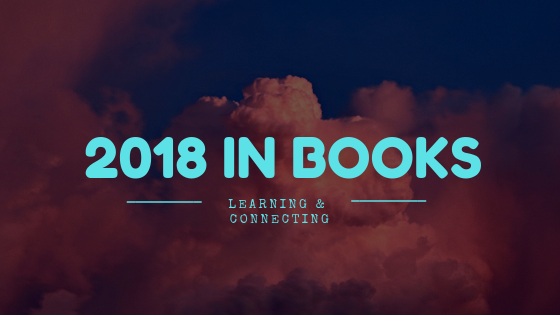
Susceptible by Geneviève Castrée
A very vulnerable graphic novel about childhood that made my heart hurt. Much of it is the author making sense of the past and how it relates to her identity. I think its a meditation on dealing with your past, your family, but still managing to find yourself despite the confusion of youth. I remember reading this on my patio during a hot July evening in Edmonton. When I finished, I stared at a tree with the book on my chest feeling very open and seen. My childhood was not like Castrée’s but I still managed to connect to this memoir deeply in my own way.
To make things even more emotional, Castrée died of cancer in 2016. This year, her last book was published with D&Q – a book to her young child called A Bubble (which is also worth reading after Susceptible).
Three Body Problem by Cixin Liu
Wow. I would have struggled to understand this book if I hadn’t read Neil de Grasse Tyson’s Astrophysics for People in a Hurry. This is one of the best science fiction tales I’ve read since The Left Hand of Darkness by Ursula K. Le Guin. It was wonderful to read scifi from a different culture than my own and notice similarities and different perspectives. The postscript written by Liu was also fantastic with an important message about kindness to others that we as readers should seriously ponder and practice in our daily lives. Highly recommend.
If you are interested in China’s cultural revolution, Do Not Say We Have Nothing by Madeleine Thien is an incredible read.
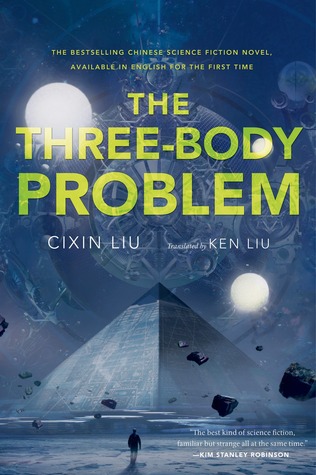
Lethal White by Robert Galbraith
I’m straight-up addicted to this series. I have a habit of reading what some would call “sad, depressing stories” most of the time. The Cormoran Strike novels are my fun reads. There are still some heavy topics involved but they are more suspenseful than horror and the characters are well done.
What did I learn from this book? … Writing under a pseudonym is probably a lot of fun.
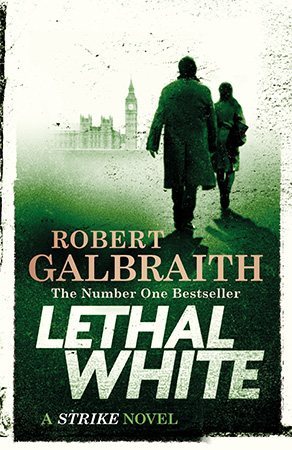
The Year of Less by Cait Flanders
This was a book that I read together with my Mom in 2018. I was hoping it would inspire her to get rid of some stuff in her house. But instead, I actually got a bit of inspiration for myself. 2018 was a journey for me to start mindful drinking and I spent a lot of time reflecting on the effects of alcohol on my mind, body, and spirit. It was heartening to read a young woman who has been there and ended up making a choice that elevated her life.
This book is not a “how-to” minimize your life. But it does provide insight into what life changes can come about getting rid of some stuff in your life. Stuff needs maintenance and can create stress in your life. I learned to make sure I love the stuff I have because there is importance in the act of caring for that stuff and the time it takes up.
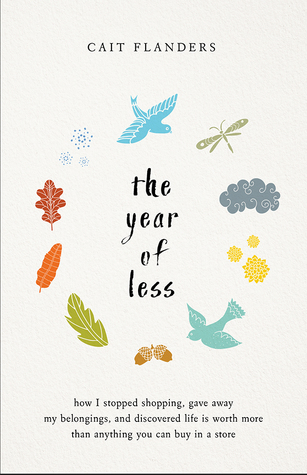
Pachinko by Min Jin Lee
At the beginning of 2018, I read anything about Korea that interested me – history, food, geopolitics and I learned a ton of which I knew nothing. My sister and I read this together as a book to connect over. We would check in with each other and discuss the hardships of the family the book is centered around. It’s a multi-generational tale of a Korean-Japanese family, steeped in history, politics, and cultural change over three generations.
My sister shared her favourite quote from the book with me:
“Etsuko had failed in this important way – she had not taught her children to hope, the belief in the perhaps-absurd possibility that they might win. Pachinko was a foolish game, but life was not.”
Min Jin Lee, Pachinko
As an author, Min Jin Lee is up there with Madeleine Thien for me. Incredible descriptive and educational.
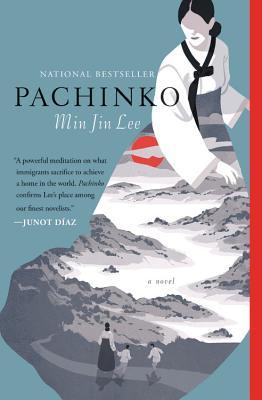
Prisoners of Geography by Tim Marshall
This was a gift from my sister – she shipped my wedding dress to me and threw in a book (she knows me so well). I learned a lot from this introduction to geopolitics from Marshall. My only critique is that I wish it went deeper into the ramifications of global warming for each of the regions discussed. That topic was looming over me as I read the entire book. It’s discussed briefly in the conclusion but that didn’t really cut it for me.
It was also a bit disheartening to think about human nature and how nation-states yearn to grow larger, influence/control global politics, and become wealthier. Its a reality and an important to be aware of but also a bummer that doesn’t make me feel very good about the future.
I read this on the airplane coming back from my honeymoon and ended up having a really interesting conversation with the person sitting next to me about the state of the world.
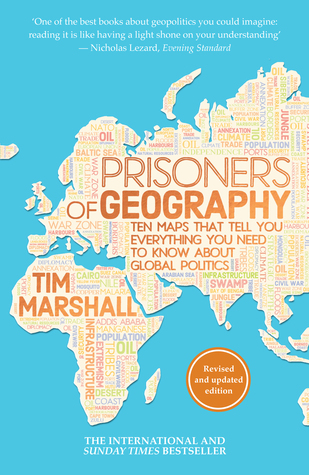
Born a Crime by Trevor Noah
I had four ‘ah ha!’ moments during this book. If there is one book on this list that you must put on your own ‘to-read’ pile, it is this one. Born a Crime was suggested to me from a friend at work. I work in a academic university and this year has been full of learning about equity, diversity, and inclusion. I won’t go into deeply – all I can say is 2018 was very much about different perspectives, being mindful of socio-economic privilege, as well as gaining some insight into different perspectives of social justice. This memoir is a great place to start if you are learning about diversity and inclusion and connect to personal stories.
Here are some quote gems from the book:
“If you talk to a man in a language he understand, that goes to his head. If you talk to a man in his own language, that goes to his heart.”
Nelson Mandela quote, Born a Crime by Trevor Noah, pg 236.
People love to say, “Give a man a fish and he’ll eat for a day. Teach a man to fish and he’ll eat for a lifetime.” What they don’t say “And it would be nice if you gave him a fishing rod.” That’s the part of the analogy that’s missing… I realized you need someone from the privileged world to come to you and say, “Ok, here’s what you need and here’s how it works.”
People say, “Oh that’s a handout.” No, I still have to work to profit by it but I don’t stand a chance without it.
Trevor Noah, Born a Crime, pg 190
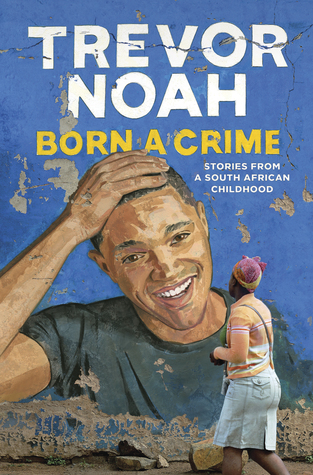
The Art of Gathering by Priya Parker
Excellent book for those in communications, community engagement, and/or event planning. So much to learn and try here! Please note: It’s not going to be easy and will require emotional intelligence, motivation, and curiosity on the host’s part.
I used Parker’s methods for Billy’s 30th birthday party and it was a huge success! I even created a zine full of advice from our friends and family as he embarks on a new decade. It’s all about defining a specific intention for the gathering and all the rest of the decisions for the gathering support that intention.
“Many of our gatherings, especially professional – orientated ones, are run on the cult of positivity.”
Priya Parker, The Art of Gathering, page 213
“Story is about a decision you made. It’s not about what happens to you.” – George Dawes Green
Quoted in The Art of Gathering, page 212.
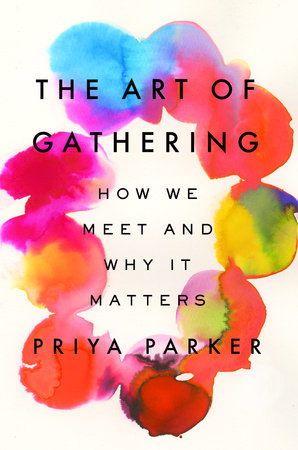
All by Puny Sorrows by Miriam Toews
Wonderful writing that felt very personal, although it is fiction I have a feeling the story came from real places/experiences. The dry humour was mood lifting for a sad topic.
This was one of those moments for me when I found the right book at the right time. My mom had just been diagnosed with breast cancer and this book helped me make sense of the grief I was feeling. I’ll forever be grateful that Miriam Toews wrote this book and shared it with the world.
P.S – My mom’s journey with breast cancer has been inspiring – for her strength, positivity, and tenacity. It’s not over yet but she’s kicking ass.
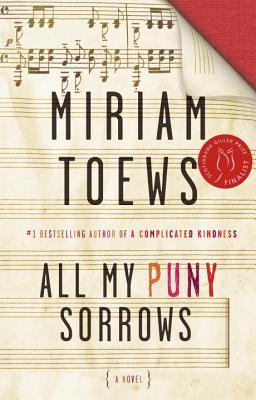


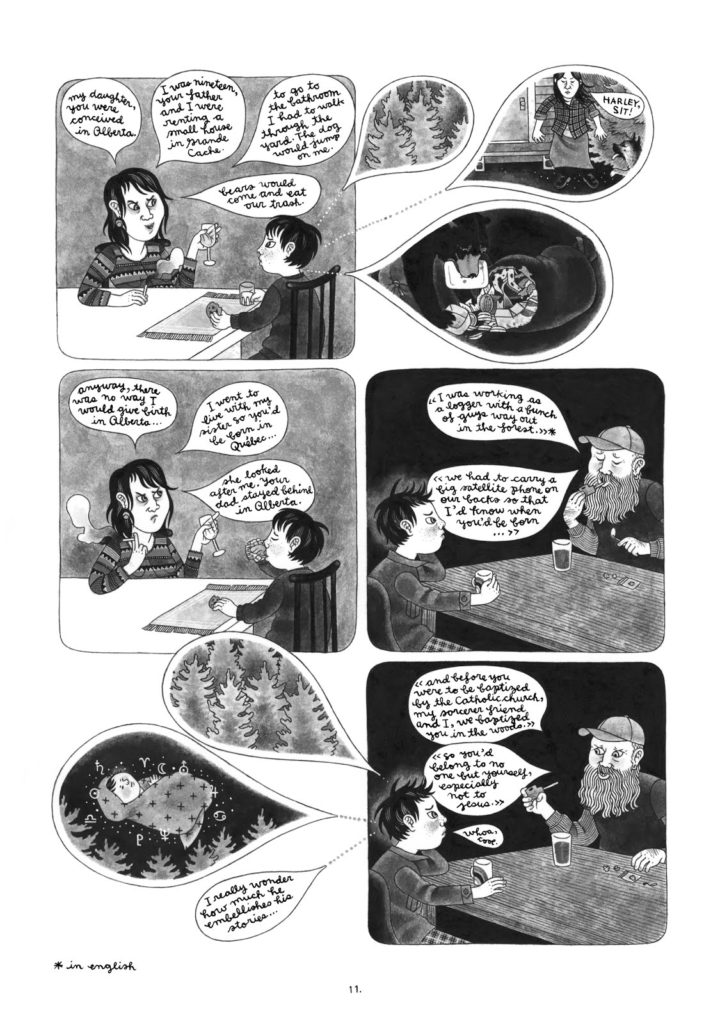
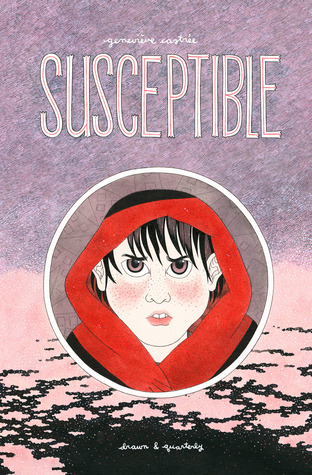
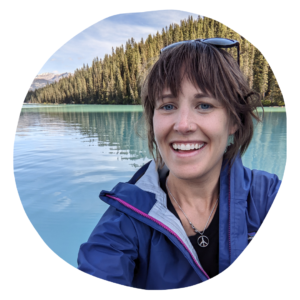
Leave a Reply